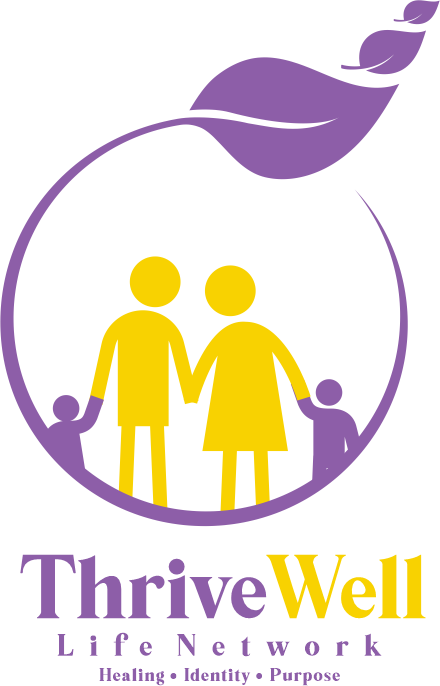When Trauma Is Silent: A Case Reflection on Inner Pain, Emotional Exhaustion, and the Journey to Healing

As a Christian family life therapist, I’ve encountered trauma in many forms—some loud and visible, others subtle and easily overlooked. One of the most complex and often missed experiences is silent trauma—emotional pain hidden behind high achievement, quiet smiles, and daily responsibilities.
Recently, I worked with a young woman whose story offers a powerful reminder of how trauma can exist quietly but deeply within.
She is in her early twenties—bright, determined, and balancing two jobs while pursuing higher education. From the outside, she appears strong and composed. But inwardly, she’s navigating overwhelming emotional fatigue.
In a moment of vulnerability, she shared:
“I just really hate myself.”
“I don’t think I deserve to be here.”
“I want to die so I don’t have to deal with life anymore.”
This is what silent trauma can sound like—not a cry for attention, but a quiet ache beneath the surface of everyday life.
Understanding Emotional Trauma in High-Functioning Individuals

One of the most misunderstood realities of mental health is that trauma often affects those who appear to be “doing just fine.” These individuals—often high-performing students, professionals, or caregivers—carry deep inner struggles while meeting external expectations.
In this case, my client wasn’t just dealing with her past—she was constantly surviving the present. Chronic migraines, academic challenges, and persistent fatigue were signs her body and mind were overloaded.
The real burden, though, was her inner critic—a harsh, unrelenting voice telling her she wasn’t good enough and never would be. Over time, she began to believe it.
Recognizing the Signs of Silent Trauma

Could you or someone you know be experiencing this kind of silent pain? Here are some common signs:
-
Persistent physical symptoms (headaches, fatigue, insomnia)
-
Feeling emotionally drained or frequently overwhelmed
-
Struggling in school, work, or relationships despite best efforts
-
Negative self-talk and inner criticism
-
Shame over not “coping like others”
-
Avoidance of family interactions, especially where emotional neglect exists
If these resonate, it may be time to consider whether unresolved trauma is at play.
This Is Trauma—Not Weakness
Trauma is not only about what happened to you. It’s also about what didn’t happen—such as not feeling safe, seen, or supported when you needed it most.
Many trauma survivors don’t recognize themselves as such because they’ve learned to function well outwardly. But holding it all in isn’t a sign of strength—it’s often a survival response.
True strength lies in acknowledging your pain and choosing to seek support.
How Christian Therapy Supports the Healing Process
In our sessions, we focused on:
✅ Creating a safe, judgment-free emotional space
✅ Naming and externalizing the inner critic
✅ Reframing self-hatred with compassion and truth
✅ Restoring a grounded sense of worth and identity
✅ Using faith-based, trauma-informed strategies for emotional healing
Healing from emotional trauma is a journey, not a quick fix. But every step forward matters. With time, honesty, and support, wholeness is possible.
You Don’t Have to Carry It Alone
If you’re experiencing emotional exhaustion, silent depression, or the lingering effects of trauma, please hear this:
You are not weak.
You are not alone.
And you are not beyond healing.
As a Christian therapist, I integrate psychological tools with spiritual wisdom. My goal is not just symptom relief—but full, authentic restoration.
Ready to Begin the Journey?
If this story speaks to you or someone you love, consider taking the next step:
📬 Send a message
📬 Book a private consultation
📞 Click Here
🧭 Let’s walk the path of healing together—one breath, one truth, one layer at a time
Healing is possible.
And you don’t have to do it alone.

Developmental Psychologist /Family Life Therapist
